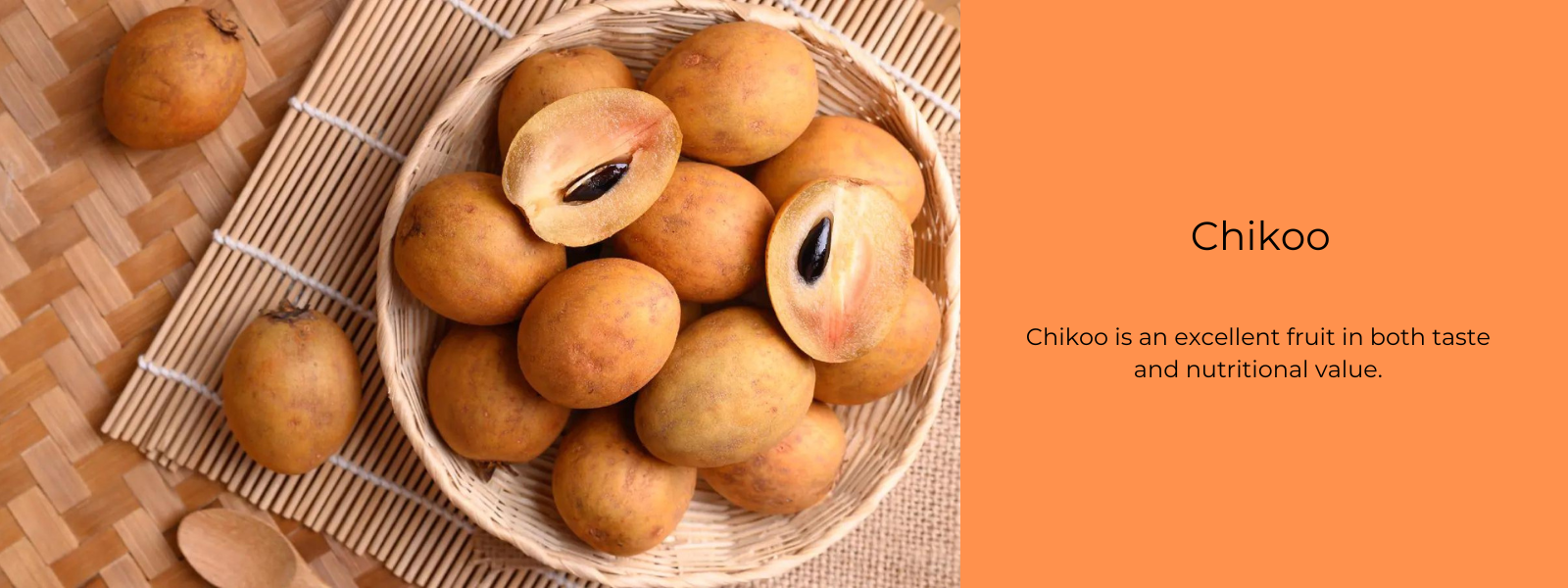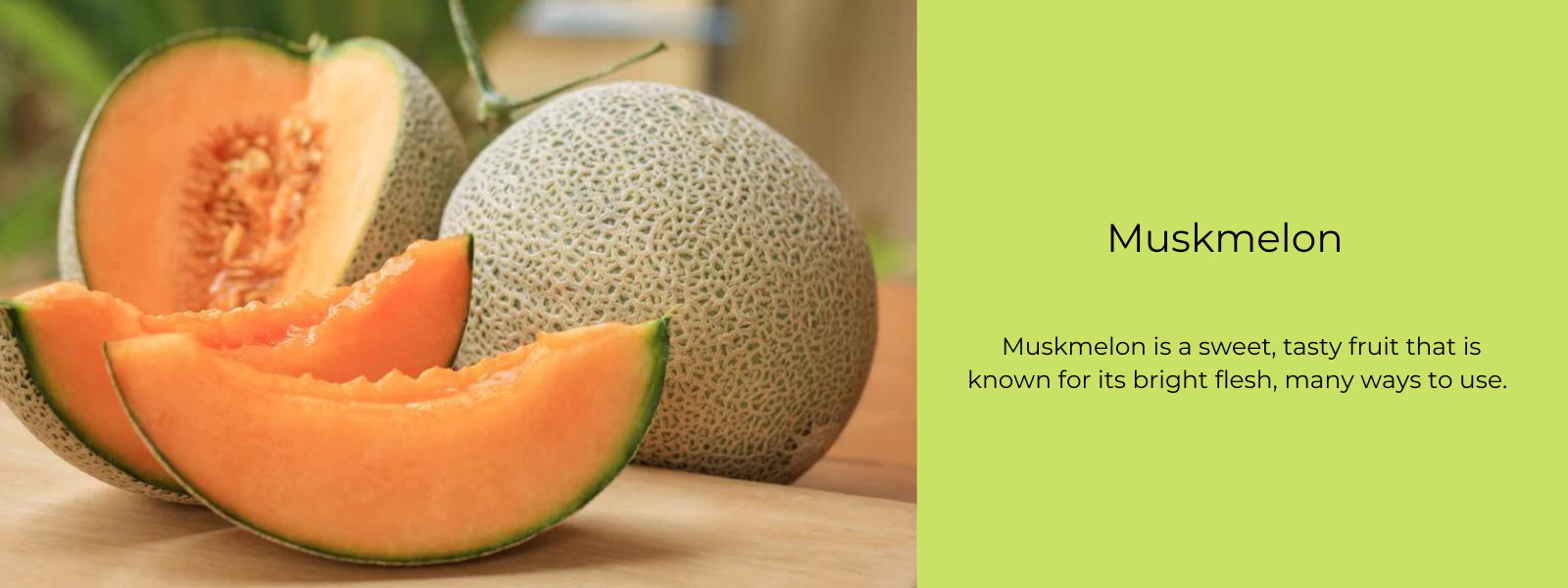The origins of mosambi, also known as sweet lime, a citrus fruit, stretch from Indonesia to China. A paper published in 2004 in the Agriculture Review, however, suggests that the hills of Meghalaya and Nagaland are where Mosambi first appeared. During the hot summer months, it's common to see people cooling off with a glass of Mosambi juice spiced up with chaat masala and kala namak. Mosambi is praised for having a gentle and pleasant taste because it has less acid than other limes. The thick rind and abundance of seeds in a sweet lime make it a bit of a challenge to consume the fruit on its own. In contrast, freshly squeezed lime juice with a touch of sugar tastes heavenly. A true representation of its name, it is both "sweet" and "limey" in flavour (sans the mouth-puckering effect)
Table of Contents
Nutritional value of mosambi:
Mosambi is an excellent option if you're trying to watch your calorie intake or keep your fat intake to a minimum. It has about 43 calories and 0.3 grams of fat per serving. There are 9.3 mg of carbohydrates and 0.8 g of proteins in this sweet lime. Per serving, you'll get your daily recommended amount of vitamin C, 50 mg, thanks to the citrus fruit content. Plus, with around 490 milligrammes per serving, it's a great way to get closer to the recommended daily maximum of 2000 milligrammes for potassium intake. It also has trace levels of other minerals like copper, calcium, iron, and phosphorus. The nutritional value of sweet lime is listed below.
Health benefits of mosambi:
- It Boosts Immunity
Sweet limes and their juice are a great way to get your daily dose of vitamin C and other antioxidants, which can help keep sickness at bay. It's a great tool for avoiding getting sick with a cold or the flu. Improve blood flow, which will in turn boost the body's defences.
- Enhances Digestive Health
Constipation and indigestion are two digestive issues that can be alleviated by eating fresh Mosambi. This drink's distinctive flavour prompts the production of digestive enzymes in the salivary glands, and it also includes substances called flavonoids, which can boost its potency. Digestion is aided by bile, some stomach acid, and digestive fluids. As a good source of potassium, it may also aid with diarrhoea.
- Reduces the effects of dehydration
Instead of reaching for a can of soda when you're feeling parched, go for a glass of Mosambi juice; not only will it quench your thirst, but the juice's mineral and vitamin content will help you avoid being dehydrated in the first place. Athletes should have access to this in order to prevent dehydration and muscular cramps.
- Great for hair and skin
As a result of its high levels of antioxidants and antibacterial qualities, Musambi is often touted as a healthful option for the eyes. As allergies to pollution or foreign objects are among the leading causes of eye infections, eating fruits can help prevent these infections. When used to treat dandruff, Mosambi helps by restoring moisture and nutrients to the hair and roots.
- Promotes Weight Loss
Mosambi juice is excellent for weight loss because it is low in fat and calories. Drinking a combination of Mosambi juice and honey will help you burn off those excess calories.
- Ulcer Treatment
Mosambi juice's ability to aid in the treatment of ulcers is among its most notable benefits. It's an acidic material found in nature, and its reaction with your body's natural alkalinity makes it effective against stomach ulcers and for lowering stomach acid.
- Rich in Vitamin C
The vitamin C content of sweet limes is very high. Vitamin C deficiency leads to the illness known as scurvy. Gum bleeding and swelling, frequent cold and flu infections, mouth and tongue ulcers, and cracks are all symptoms of this illness. It has been found that scurvy can be avoided if sweet limes are eaten regularly, and that bleeding gums can be stopped by administering sweet lime juice directly to the gums.
Difference between lemon and mosambi:
Citrus fruits like lemons and mosambi are excellent sources of vitamin C. The two types are mostly interchangeable in cooking, with the main distinction lying in their respective uses.
Mosambis are round and green in colour, while lemons are huge and oval and yellow. While lemons have a sour flavour, limes get sweeter after they are fully mature and ready to be juiced. When comparing their acidity levels, lemons are somewhat more acidic, although both are beneficial to health.
However, other fruits like oranges and delicious limes are quite popular. Mousambi is a quick way to rehydrate and ease muscle cramps, while oranges are high in fibre and help the digestive process. The natural sugars in citrus fruits like limes and oranges help the heart work more efficiently and help keep high blood pressure in check.
FAQs:
Q: Can I eat mosambi daily?
Ans: Yes. Your hair, skin, and health will all benefit greatly from daily use of a moderate amount of mosambi.
Q: Which is better — orange or mosambi?
Ans: The dietary benefits of these two citrus fruits are roughly equal.
Q: Which is the best time to eat mosambi?
Ans: Morning. Citrus fruits are a great way to get your daily dose of energy, vitamins, minerals, and other healthy ingredients
Q: Is mosambi rich in vitamin D?
Ans: To the contrary, Mosambi is a rich source of vitamin C.













Leave a comment